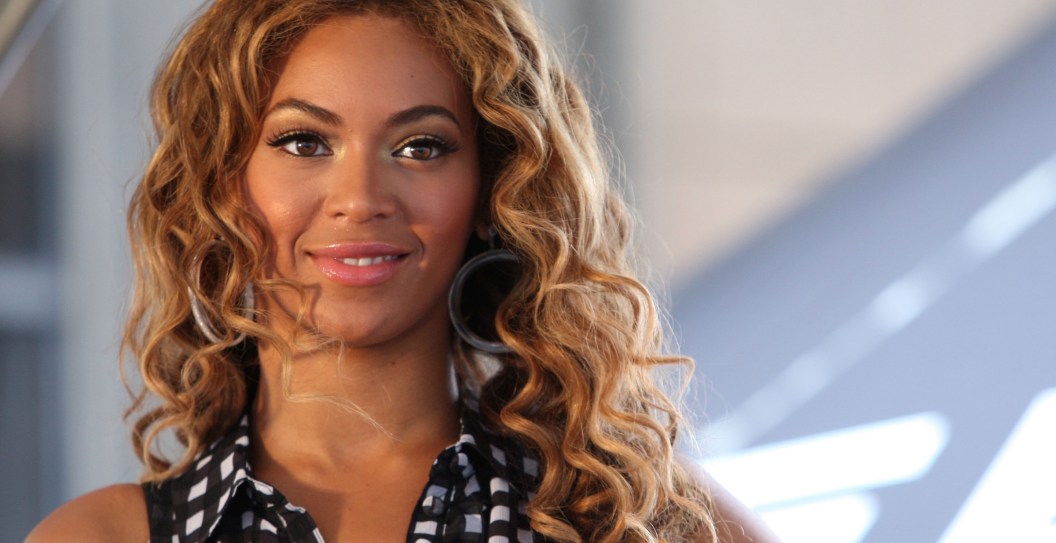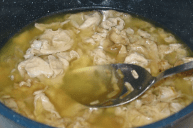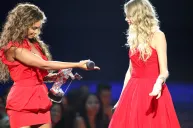Beyoncé has been making headlines with her upcoming album ACT II: Cowboy Carter. When announcing her tracklist, she referenced the Rodeo Chitlin Circuit. If you're curious what that is, it's actually a reference to Black music history and segregation.
Videos by Wide Open Country
As one fan pointed out in the comment section, "The Chitlin Circuit was a network of venues where black people were allowed to perform back in the day. The fact Beyoncé sells out stadiums across the entire world is something Our predecessors never dreamed of happening."
The Chitlin Circuit was a network of venues during the 1900s where Black performers could play, especially during the times of segregation. Although wages varied from location to location, they often paid very little. Many Black musicians saw the circuit as a rite of passage on their way to hopefully higher-paying gigs.
"Sometimes you play for the chitlins, that's what you would get," said Bobby Rush, a blues musician, to the Nashville Tennessean. "We played so well in Argo, Illinois, not Chicago, a suburb of Chicago, the guy [gave] us two plates of chitlins and four hamburgers."
Beyoncé References History
The Chitlin Circuit spawned several famous Black entertainers such as Tina Turner, Ray Charles, Jimi Hendrix, and Aretha Franklin. Rather than a singular organization, it became a collective term. Blues singer "Little" Milton Campbell, Jr. once explained to Living Blues magazine, "I don't know who started that phrase. But I think that they were talking about places such as I played last night. The kind of places that will keep you eating. Will keep you making a decent buck, if you've got something on the ball. Whether you've got hit records or not. If you're hot—if you got hot records, you're going to work. And if it gets big enough, you're able to work anywhere. And in this business, if you know the right people, you can be promoted into the upper-class and the better joints."
In her announcement for her album, Beyoncé made it clear why she decided to make the album. She said that she didn't feel welcomed in country music and wanted to change that. She wrote, "This album has been over five years in the making. It was born out of an experience that I had years ago where I did not feel welcomed. And it was very clear that I wasn't. But, because of that experience, I did a deeper dive into the history of Country music and studied our rich musical archive. It feels good to see how music can unite so many people around the world. While also amplifying the voices of some of the people who have dedicated so much of their lives educating on our musical history."




